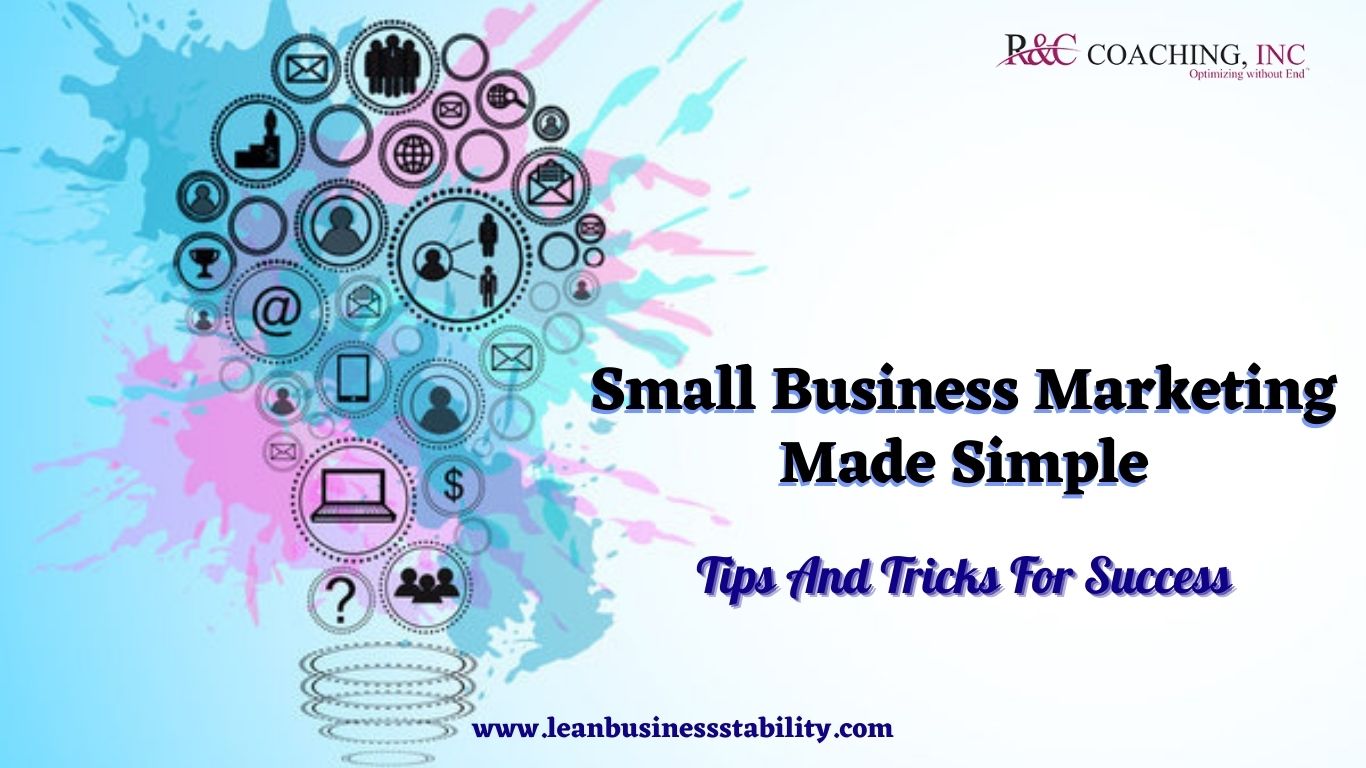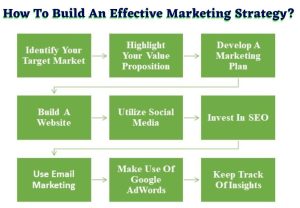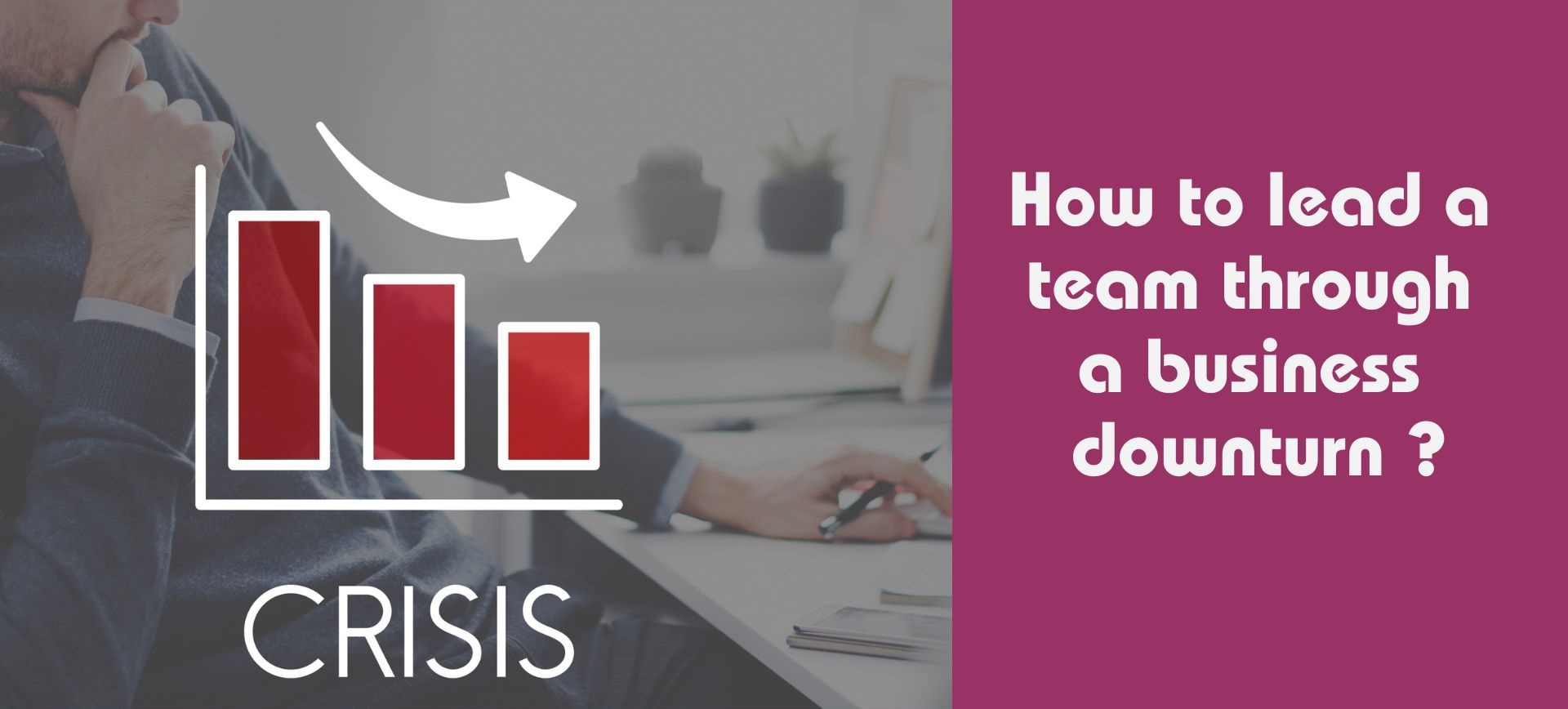
Raymond Cyrus
March 23, 2023
0 Comments

Marketing includes branding, services, promotions, goods, pricing, print, blogging, advertising, research, and social media. With so many marketing alternatives available, it may be challenging for small businesses to know where to begin. Marketing is a concerted effort to push your brand across several media, hoping that enough reaches your customer. Consumers must hear your message numerous times before they believe it. This blog states small business marketing and how you can build a strong marketing strategy.
You've established your own business. You must now attract more qualified, paying clients. Where do you begin?
Getting in front of potential customers or consumers is what small business marketing includes. Reaching out to these people – your target market is critical so you can focus on their desires and requirements.
According to a business advisor for small businesses, around 66% of customers want businesses to understand their specific requirements and expectations. Whether you have a physical presence, a digital-only shop, or a combination, you must guarantee that customers can find you.
Here's how you should get your marketing up and running for your small business.

Before developing any marketing strategies, it's important to identify your target market. Who are your potential customers? What are their demographics, interests, and preferences? By understanding your target market, you can tailor your marketing efforts to reach them effectively.
Your value proposition will set you apart from the competition and convince prospects that you are the supplier to choose. What do you do differently compared to everyone else in your industry? This makes for a persuasive case.
A marketing plan outlines your business's overall marketing strategy, including your goals, target audience, messaging, and tactics. Reach out to a business advisor for guidance, as it's crucial to have a plan in place to ensure that your marketing efforts are consistent and focused.
A website is necessary for any business, large or small. It is frequently the initial point of interaction between your company and potential clients. A well-designed website can help showcase your products or services, build credibility, and generate leads.
Social media platforms like Facebook, Instagram, and LinkedIn provide a great opportunity for small businesses to connect with their target audience. Creating a social media strategy and consistently posting engaging content can build brand awareness and drive traffic to your website.
SEO (search engine optimization) is the process of optimizing your website and content so that it ranks better in search engine results pages (SERPs). Investing in SEO can increase your visibility and attract more organic traffic to your website.
Email marketing is a low-cost approach to reaching out to consumers and promoting your brand. You can keep your customers engaged and drive sales by sending regular newsletters and promotional emails.
Consider using Google AdWords to target the items or services you provide specifically. Remember to prioritize the quality of a few keywords above the number of keywords. AdWords is ideal for targeting geographic areas and allows you to control your budget with numerous price choices.
Only some marketing campaigns are successful. Keep an eye out to see which marketing messages land, which doesn't, and which channels perform best. Marketing necessitates ongoing monitoring of key indicators and modifications as you learn more about your target audience's media consumption and purchasing habits.
Did you come here for something in particular or just general Riker-bashing? And blowing into
Contact Us
10 Oct, 2023

10 Oct, 2023

9 Sep, 2023